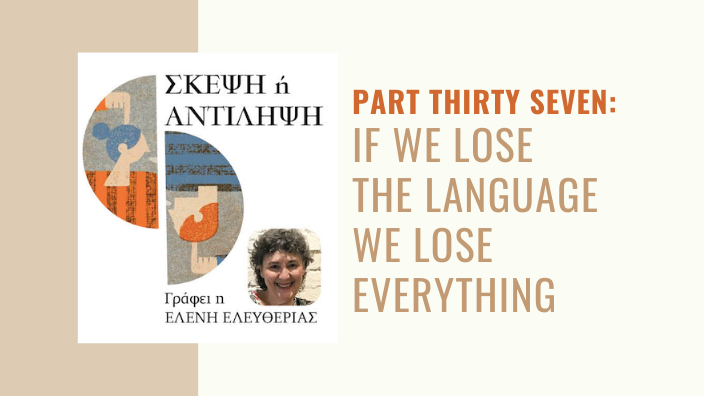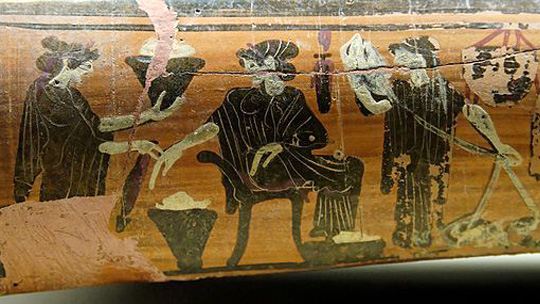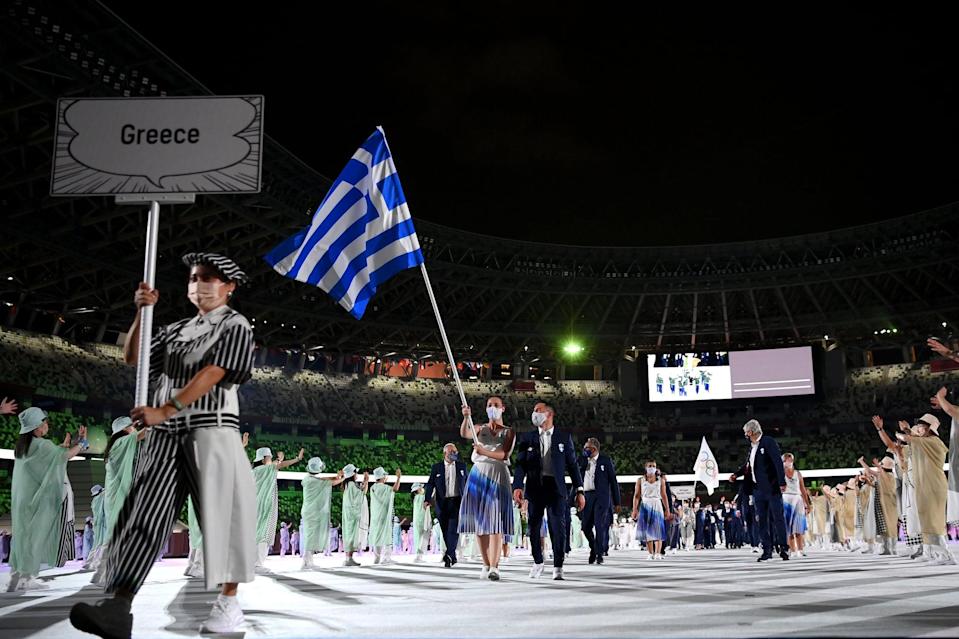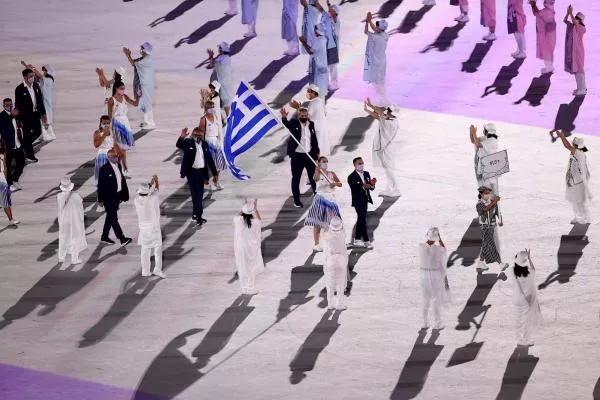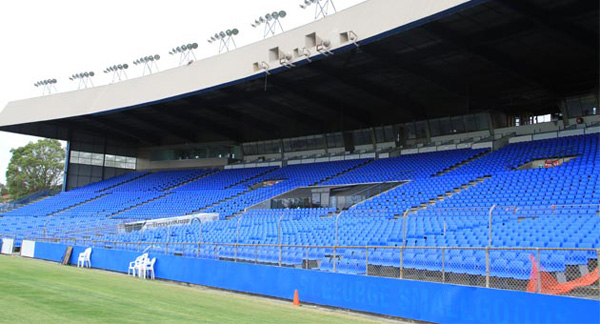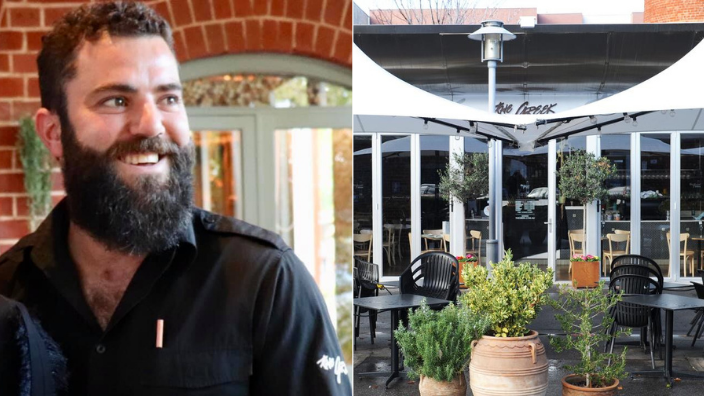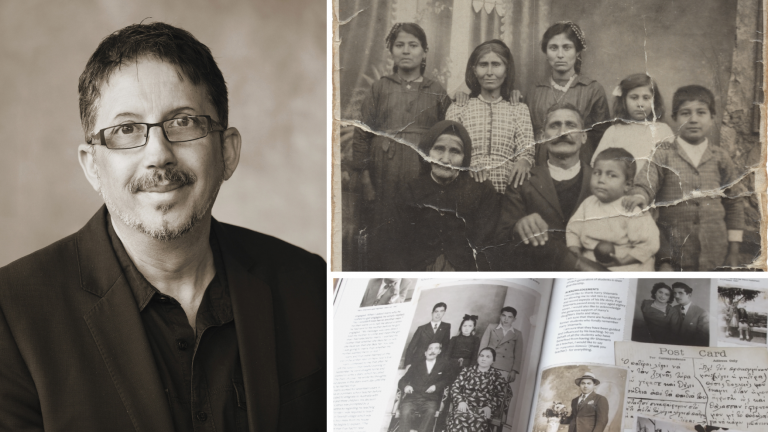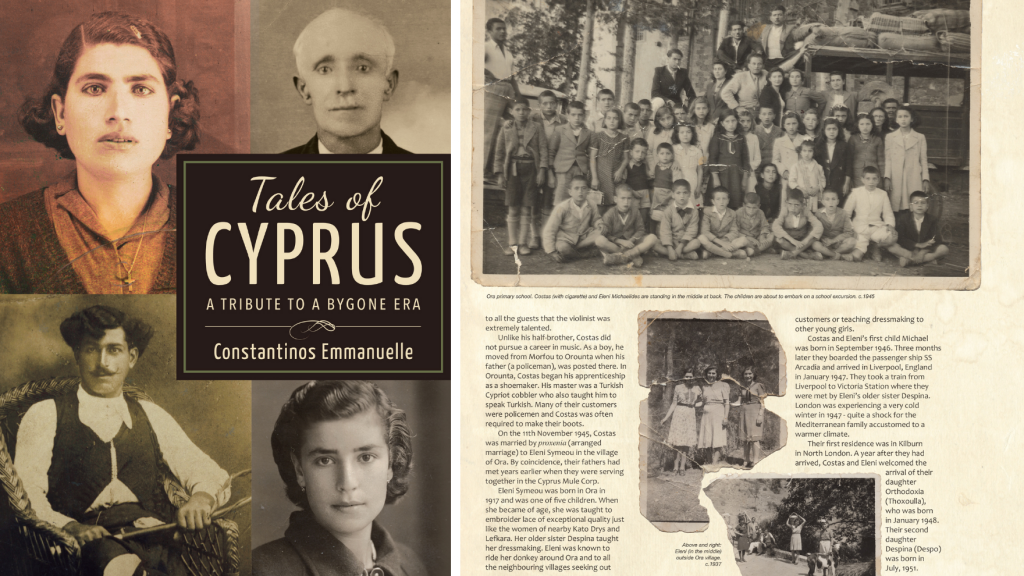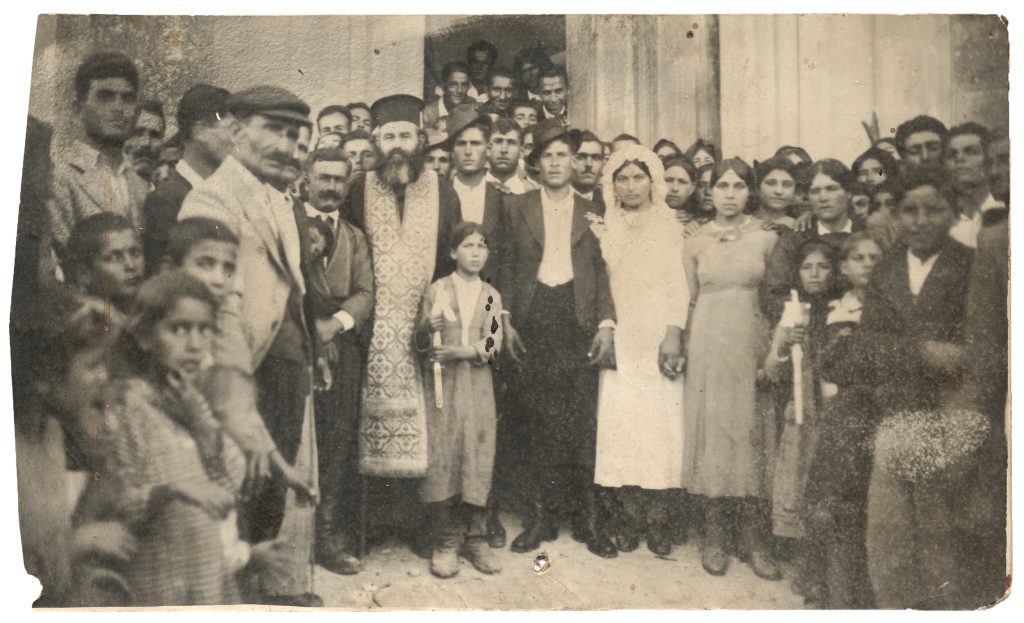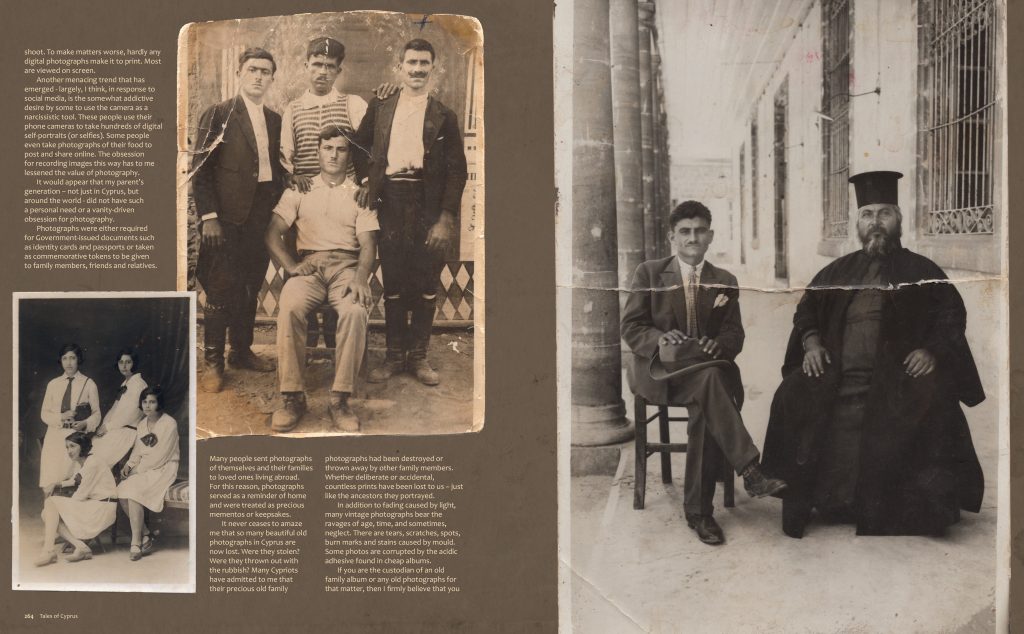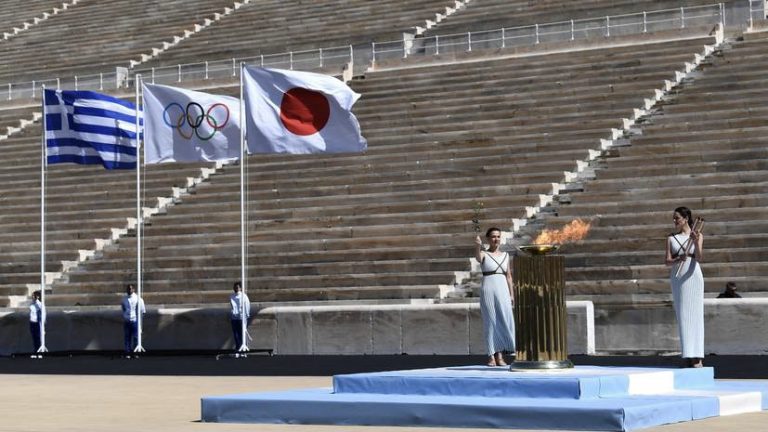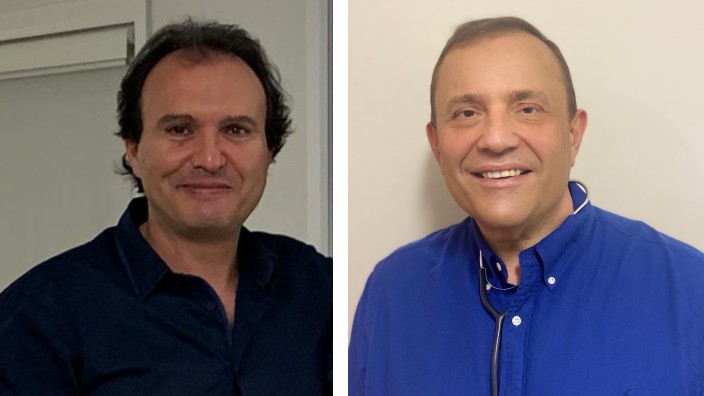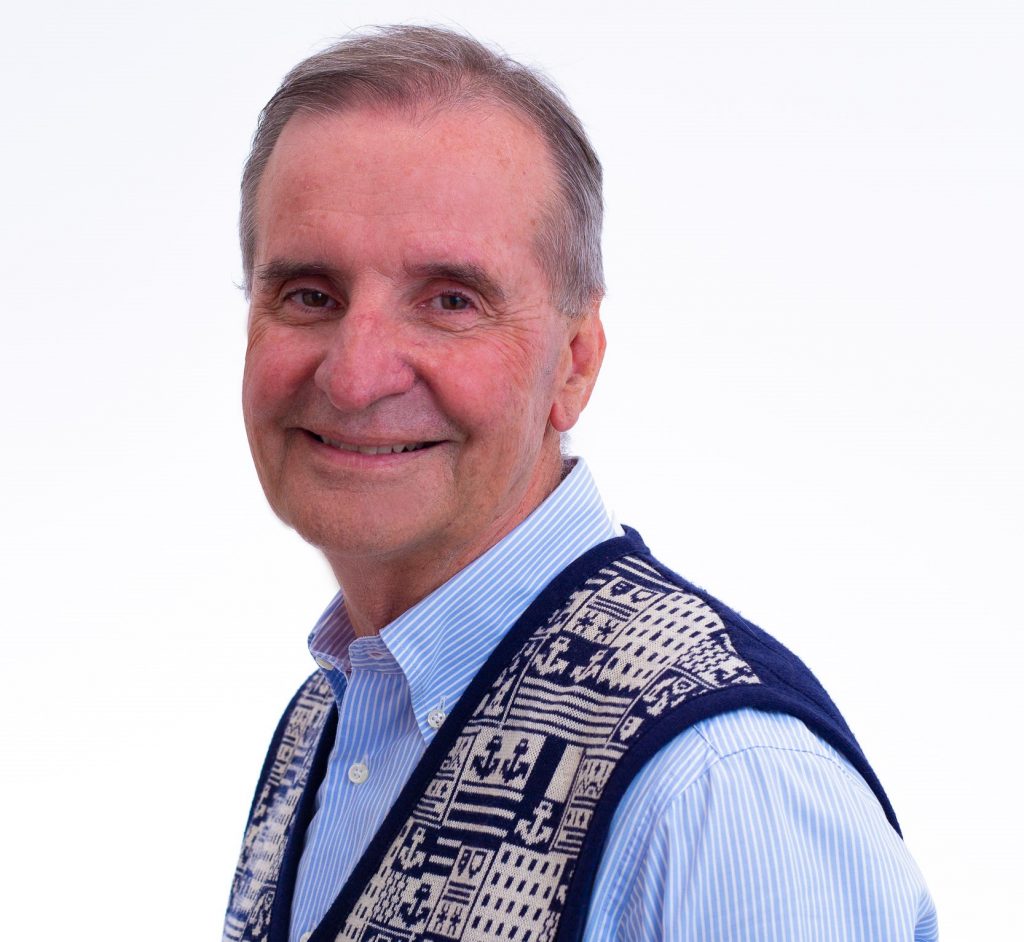Bill Papas, the man at the centre of what may be one of Australia’s largest bank frauds, is living in Greece’s second largest city Thessaloniki.
An investigation by AFR Weekend revealed the first evidence that Mr Papas is in the coastal city of Thessaloniki, with a woman who appears to be his girlfriend, Louise Agostino. There is no suggestion Ms Agostino, who has worked at Forum Group and other companies within the portfolio for nearly a decade, was involved in any wrongdoing.
AFR Weekend worked with journalists and photo-journalists in Greece to track Mr Papas down to an apartment block with views of the Thermaikos Gulf, where he owns two properties close to the Thessaloniki city centre.
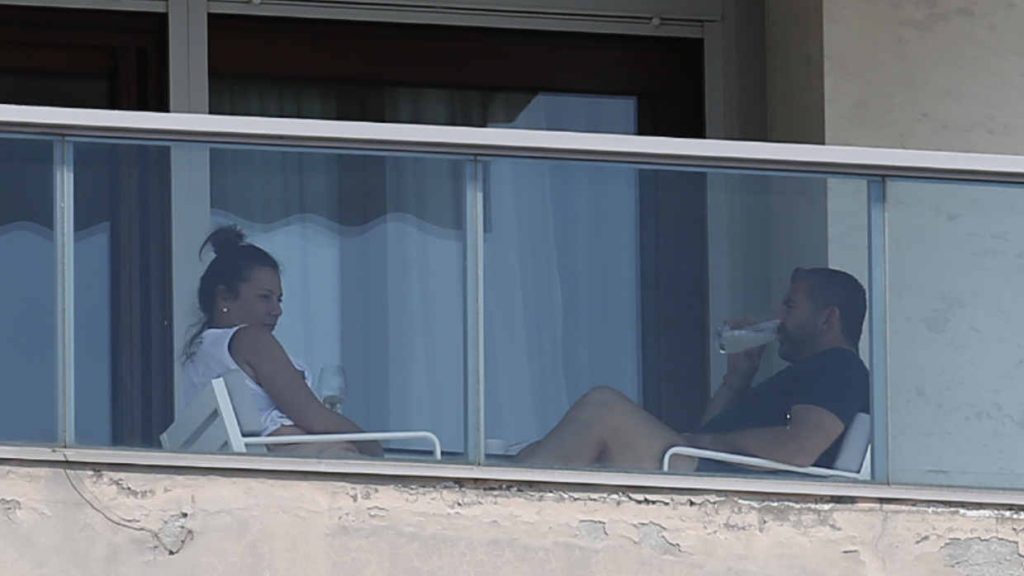
Mr Papas and Ms Agostino were seen returning to the apartment around 1.30pm on Thursday (Greece time), and spent time in the afternoon on his balcony around 3pm.
His solicitor told the court Mr Papas had refused to identify where in Greece he was.
Later, his barrister told the court Mr Papas had contracted COVID-19, which prevented him from returning to Australia two weeks ago to face the allegations against him and various entities within his Forum Group of Companies.

Mr Papas is no longer in isolation, his barrister told the Federal Court on Thursday, after testing positive to COVID-19 on July 8.
The 49-year-old is named along with Forum Finance in court documents alleging a scheme to defraud Westpac by presenting false invoices and documents for financing.
The bank says its total exposure could be as high as $285 million and has told the sharemarket it could shave $200 million off the bank’s post-tax profit.
Source: AFR Weekend

